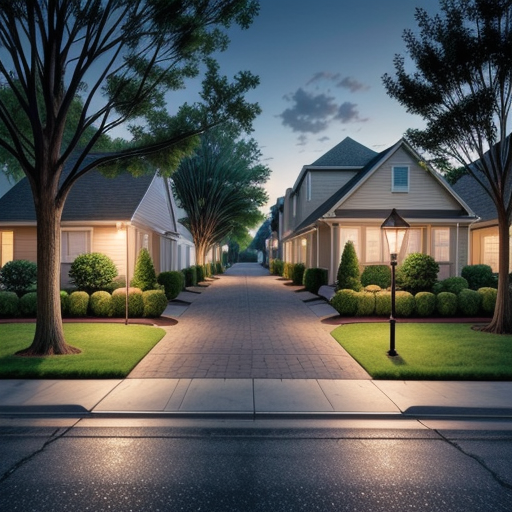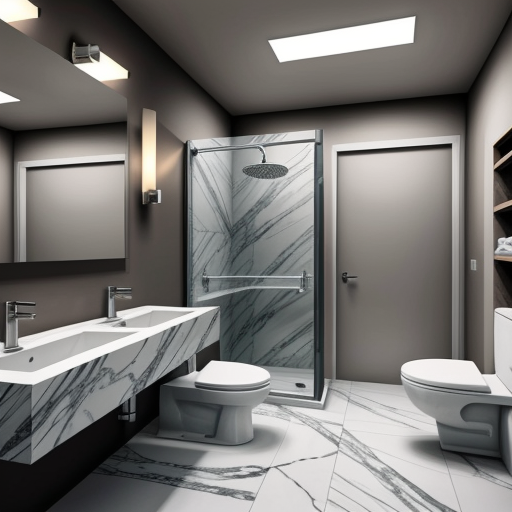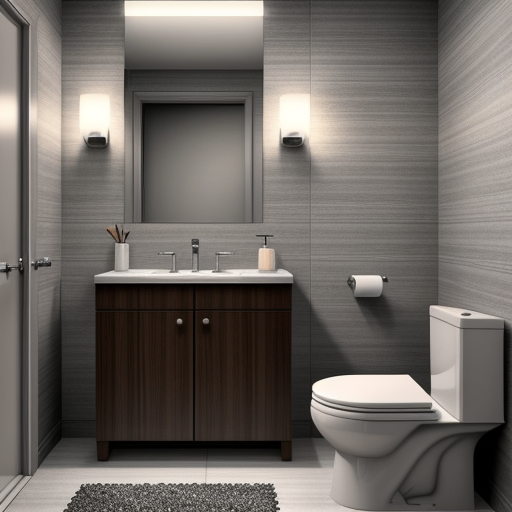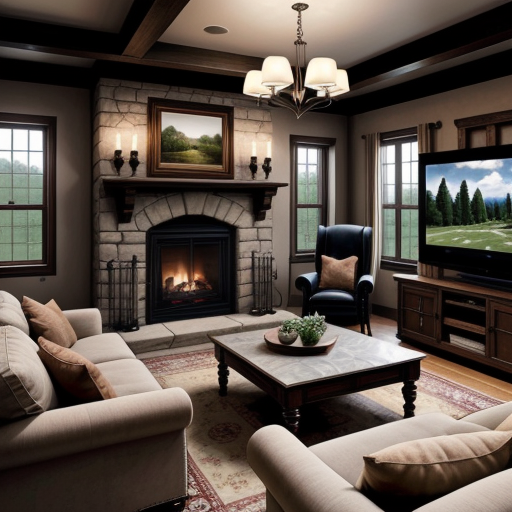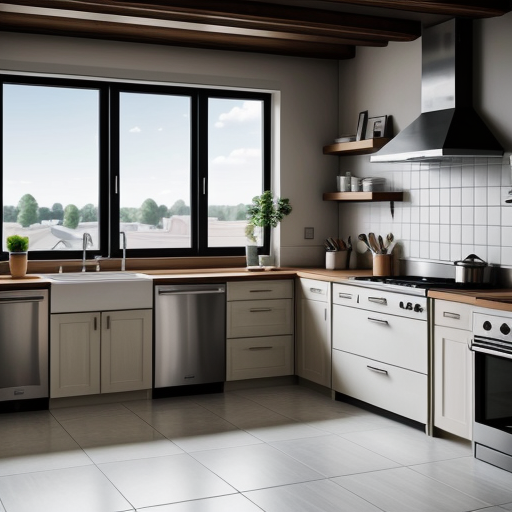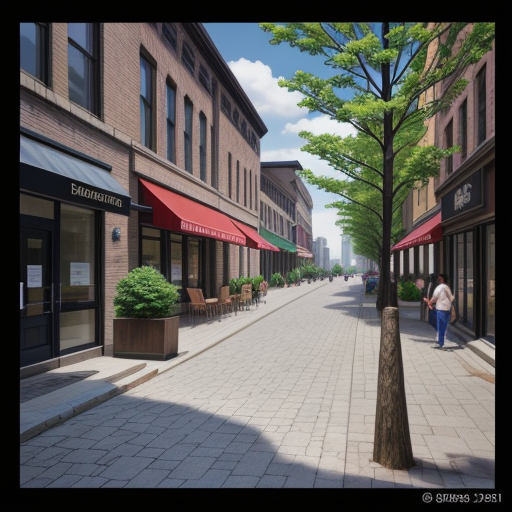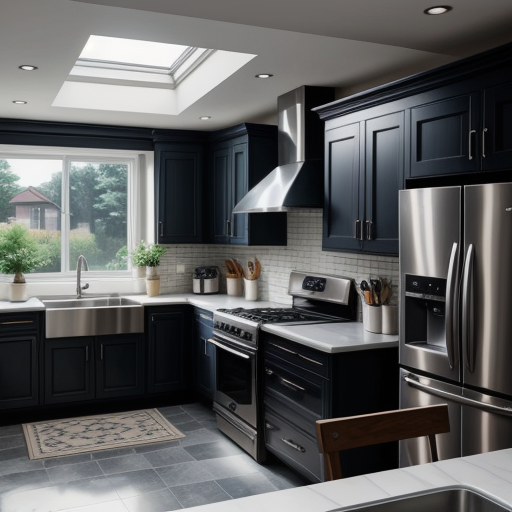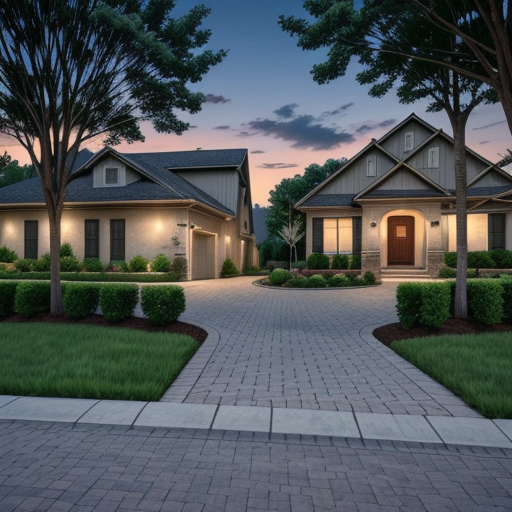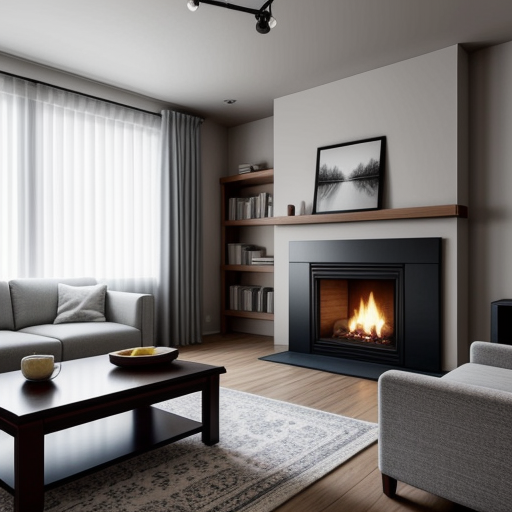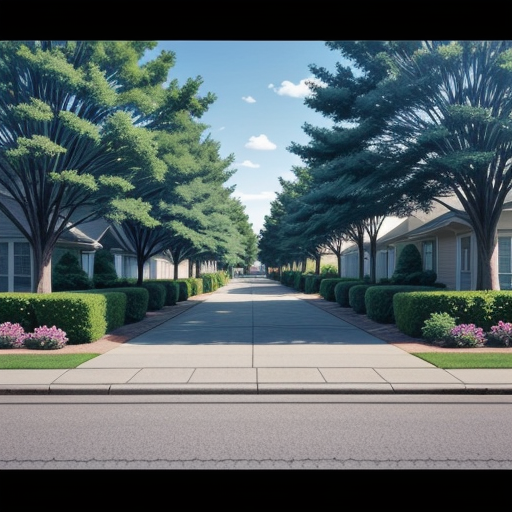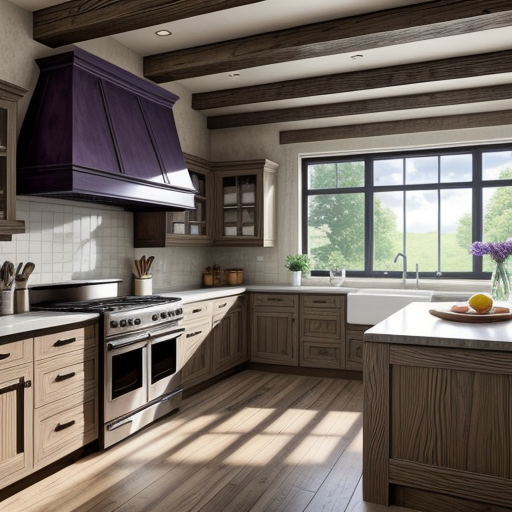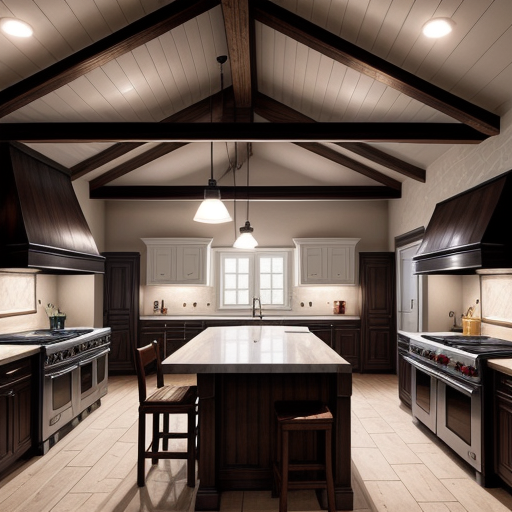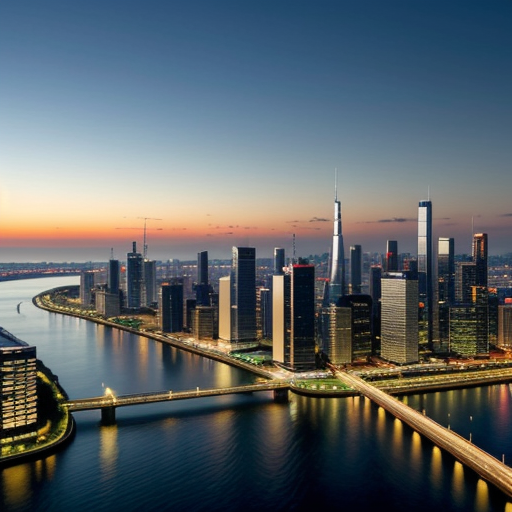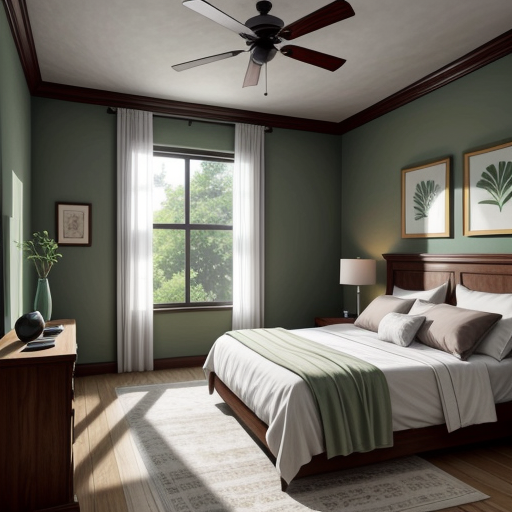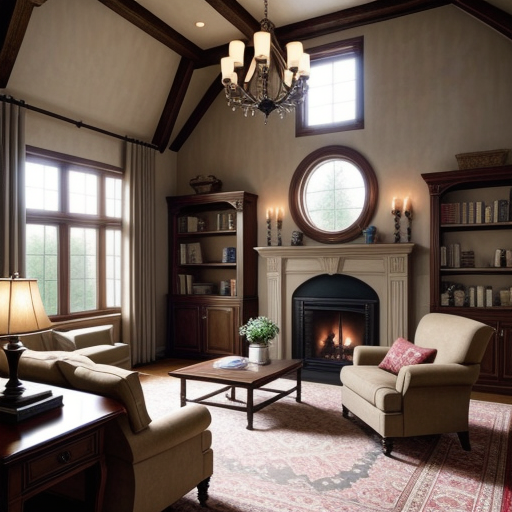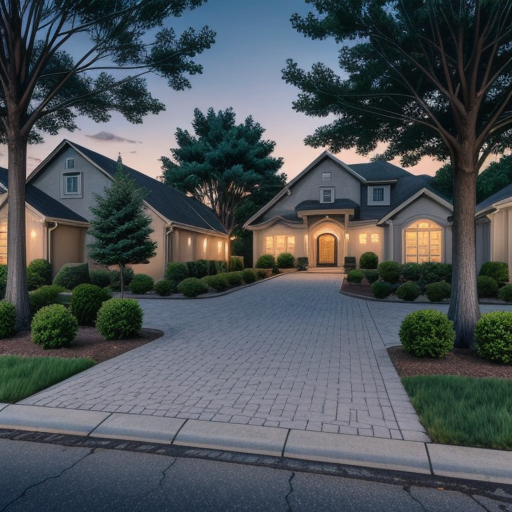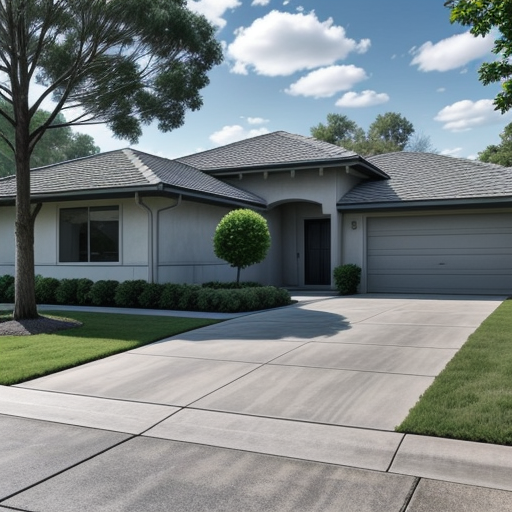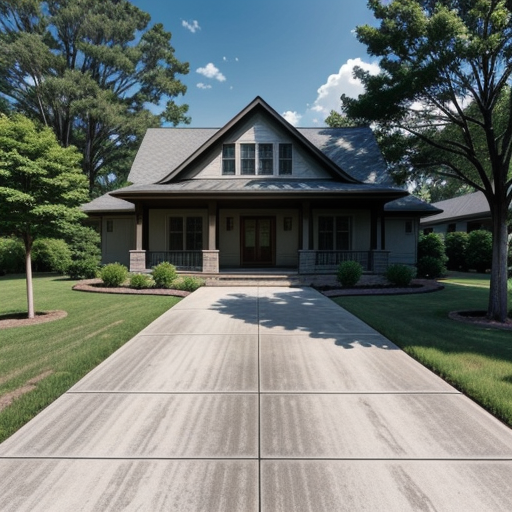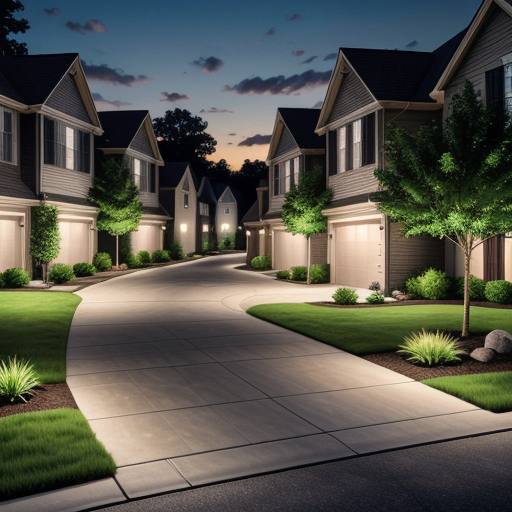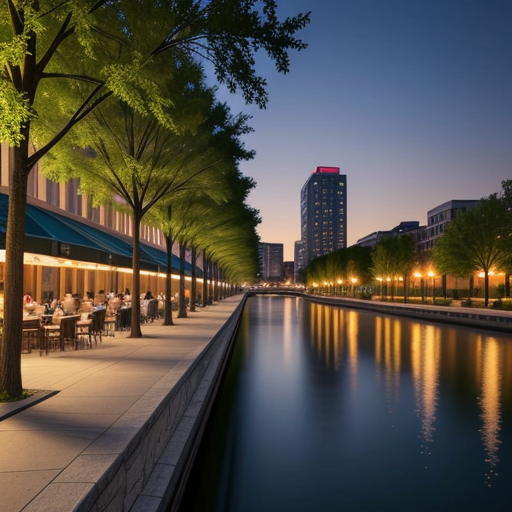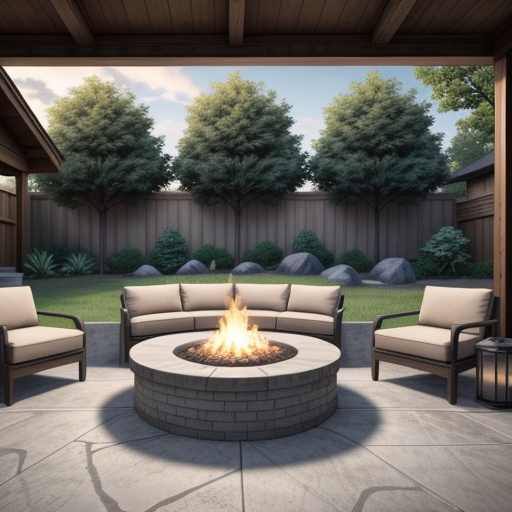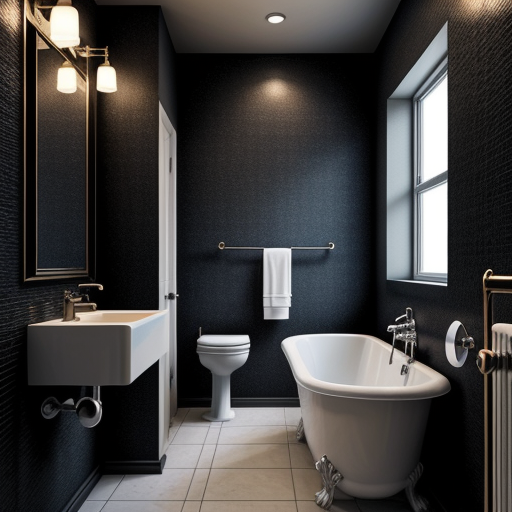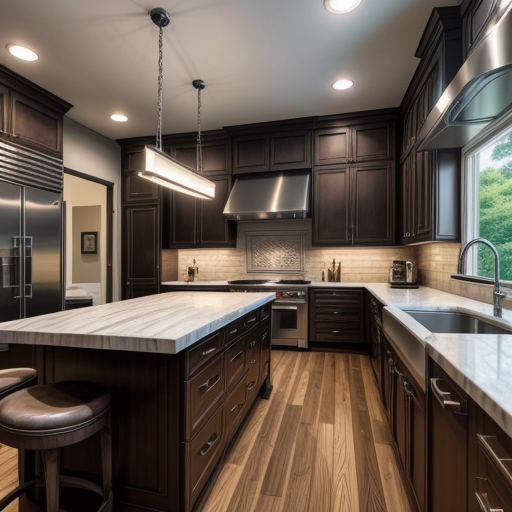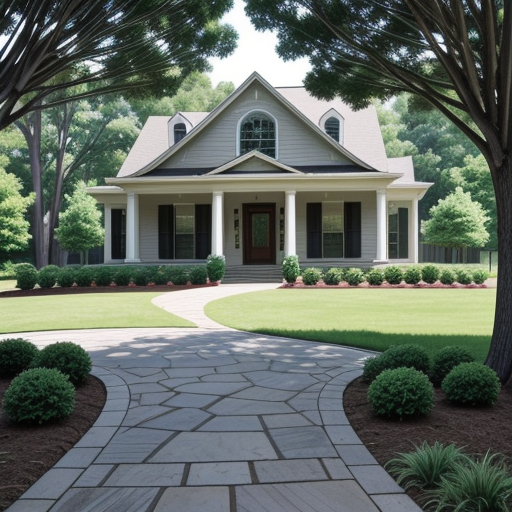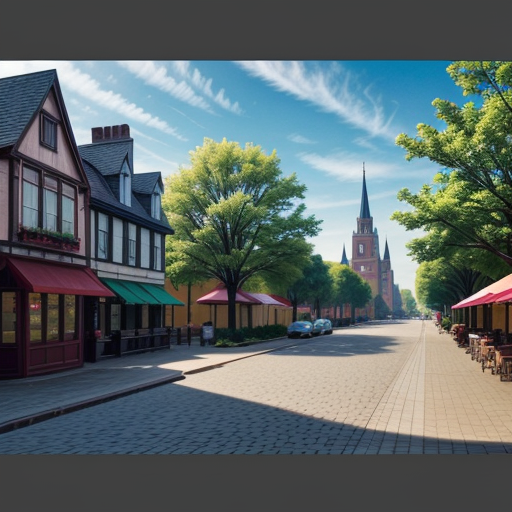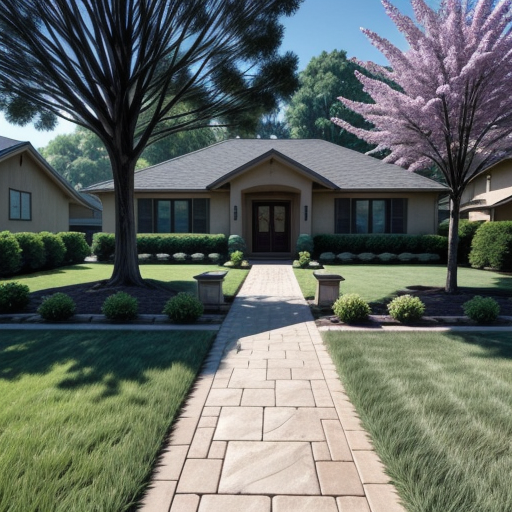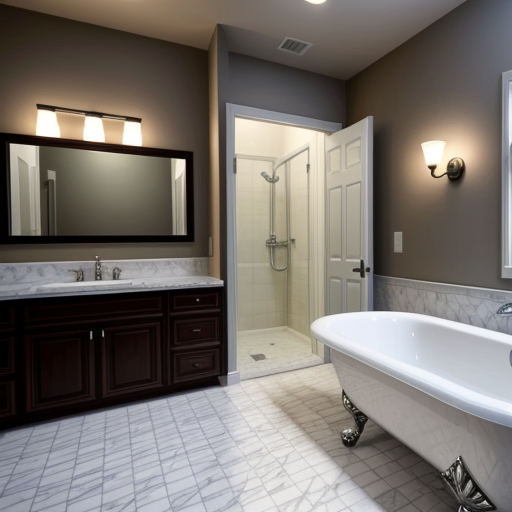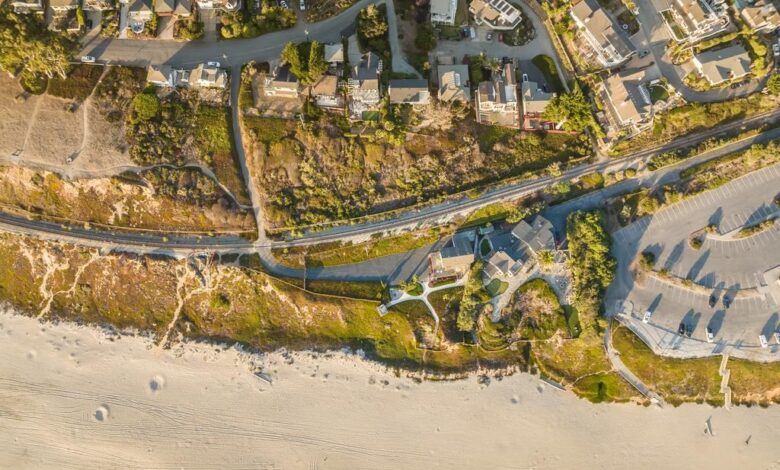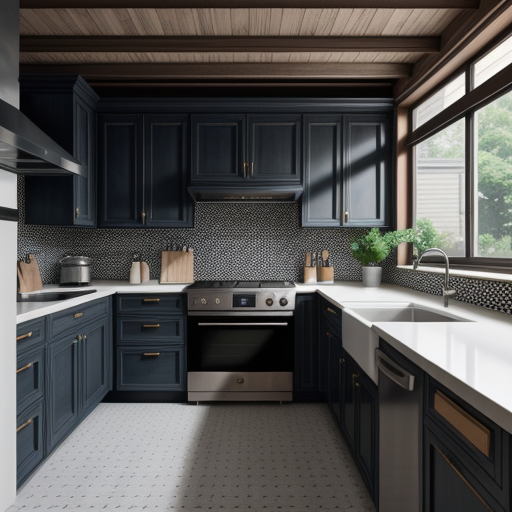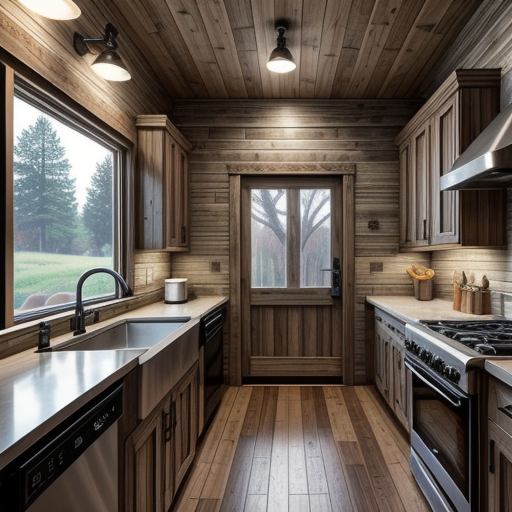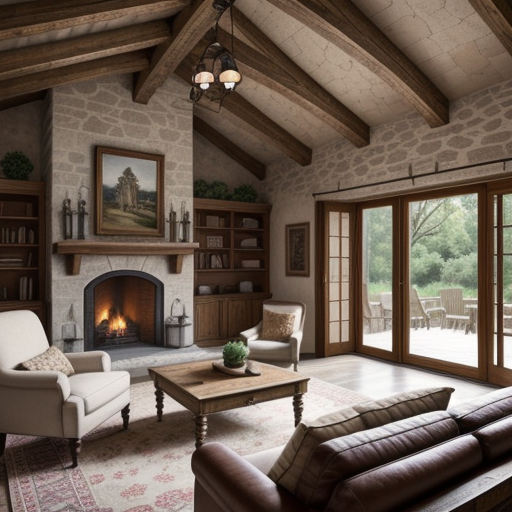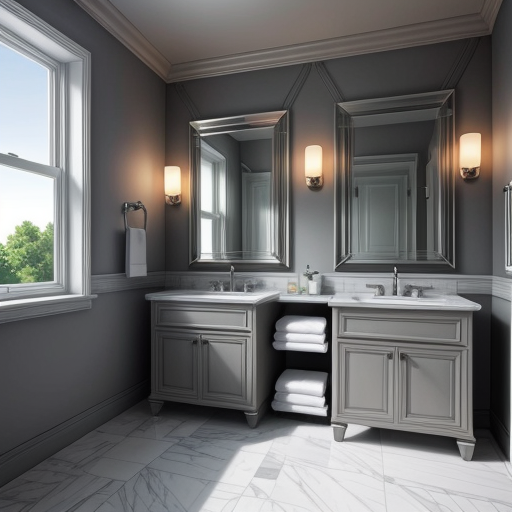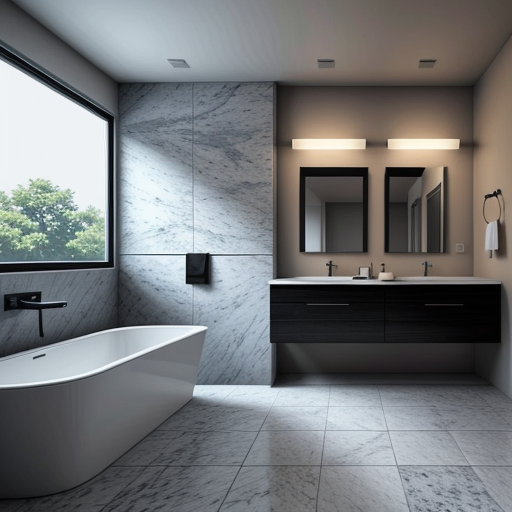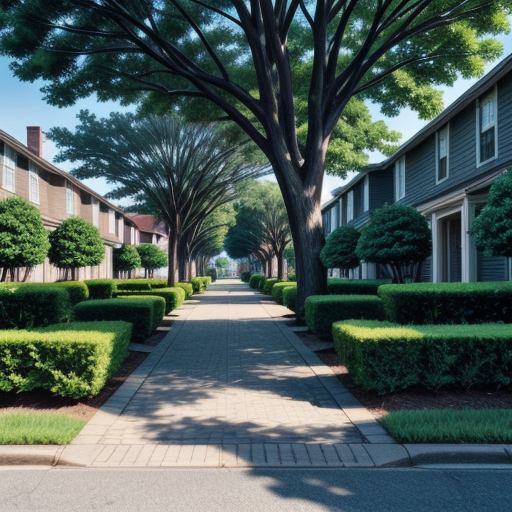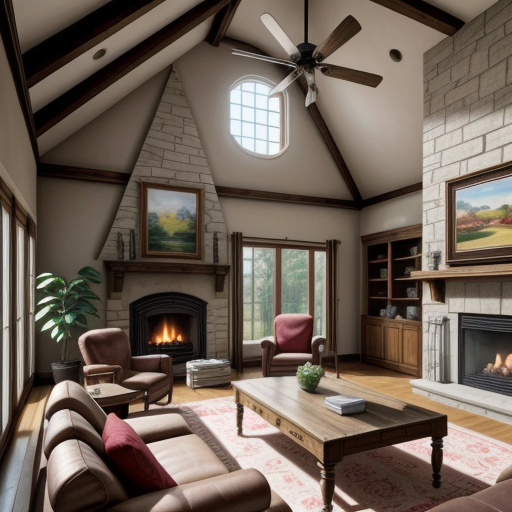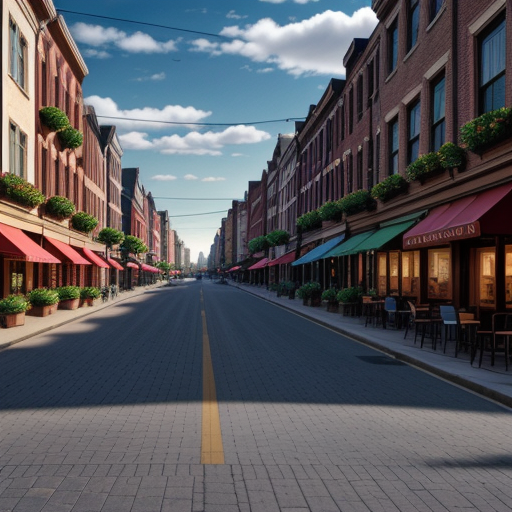The world of home design is constantly evolving, shaped by changing lifestyles, technological advancements, and a growing emphasis on sustainability. For homebuyers and real estate enthusiasts, staying informed about the latest trends can offer insights into what makes a property desirable and future-proof.
One of the most significant trends affecting home design today is the integration of smart technology. Modern homes are increasingly equipped with smart appliances, lighting systems, and security solutions that can be controlled remotely. This shift towards a connected living experience not only enhances convenience but also improves energy efficiency, appealing to eco-conscious buyers.
Open floor plans continue to be a popular choice among homeowners looking to maximize space and create fluid interactions between living areas. These designs encourage natural light to flow throughout the home, making rooms feel larger and more welcoming. Combining kitchen, dining, and living areas is particularly appealing to those who entertain frequently or have growing families.
Eco-friendly and sustainable materials are at the forefront of current design trends. Homebuyers are increasingly seeking homes that incorporate elements such as recycled materials, energy-efficient windows, and green roofs. These features not only reduce environmental impact but can also lead to long-term savings on utility bills.
Outdoor living spaces have gained importance as an extension of the home. Many designs now incorporate patios, decks, and garden areas that facilitate outdoor entertaining and relaxation. Features like outdoor kitchens, fire pits, and comfortable seating areas have become prominent, reflecting the growing desire to blend indoor and outdoor living experiences.
Finally, multi-functional spaces have become a necessity in the modern home, driven by the increase in remote working and learning. Home offices, study nooks, and adaptable rooms that can serve multiple purposes help accommodate the various demands of contemporary life.
As these trends continue to evolve, they reflect broader themes of adaptability, sustainability, and technology integration. Real estate agents who are knowledgeable about these design trends can more effectively market homes to potential buyers seeking modern, functional, and stylish living spaces.
